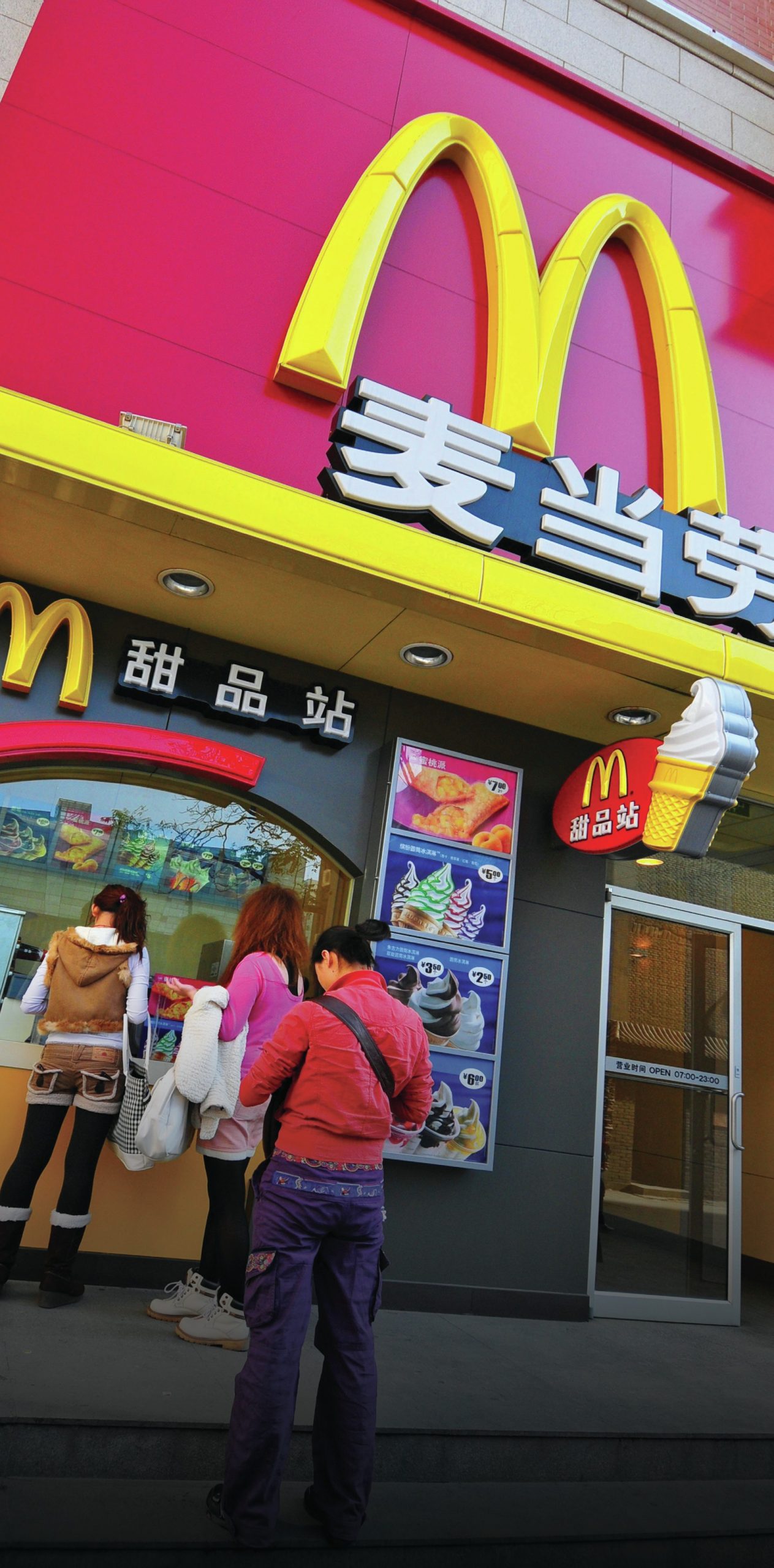
Globalisation refers to the trend for many markets to become worldwide in scope. It is a word that provokes a variety of reactions. Supporters of globalisation point out benefits in terms of a greater choice of products and prices. Opponents believe that it will result in uniform products worldwide and the loss of cultural diversity. However, as this article shows, there is no definitive argument for or against globalisation.
Your parents grew up in a world where most goods and services came from home-grown businesses. For example, bread bought in London was produced by British bakers who bought wheat from British farmers, delivered in trucks made in Britain. This brought about a degree of security, as most competitors had largely the same costs as each other. Therefore, the company that had a 20% market share last year would probably have a similar share this year. In turn, that meant that jobs were secure. This was a world in which managers, at least, might work for the same company for 30 years, and collect a nice fat pension on retirement.
Your organisation does not have access to this article.
Sign up today to give your students the edge they need to achieve their best grades with subject expertise
Subscribe




